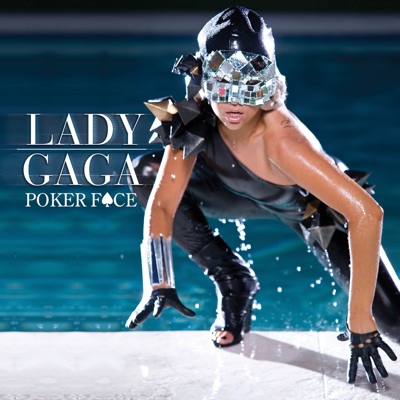t’s easy to take for granted that such blues giants as Son House, Charlie Patton, Robert Johnson and Lead Belly were always accepted as such. This provocative book is a new, often fresh examination of how those songwriting performers, and others like them, actually found that worldwide recognition.Label: BASIC BOOKS
[RATING: 3]
Videos by American Songwriter
It’s easy to take for granted that such blues giants as Son House, Charlie Patton, Robert Johnson and Lead Belly were always accepted as such. This provocative book is a new, often fresh examination of how those songwriting performers, and others like them, actually found that worldwide recognition. Marybeth Hamilton, a California-born American history professor who teaches in London, has as the central figures in her re-telling of blues history, not those African-American music makers themselves, but the aficionados who were taken with them and shaped our understanding of their music from the 1920s onward. These prove to be, nearly uniformly, white males with a penchant for locating the “undiscovered” and what they took to be “more real” and “primal.” They include Harold Odom, early chronicler of “mental traits of the Negro” through music; in-field folksong collector John A. Lomax (whose complicated relationship with Lead Belly has been explored elsewhere before); Frederic Ramsey, the Princeton grad who reconstructed and redefined jazz’s earliest days in New Orleans, old 78 record anthologist Harry Smith, and, most memorably, the real “star” of this book, the eccentric, obscure New York record collector James McKune. McKune’s “want list” ads for old acoustic blues records defined the tastes of the record collecting “Blues Mafia”-a group of friends who’d become major re-issuers of blues records and “rediscovers” of blues singers. This is a book, which, speaking of McKune’s collecting habits makes a case that what we know as Delta Blues “was born not in Mississippi but in a single room in the Williamsburg (Brooklyn, N.Y.) YMCA in the mid-forties.” What’s missing in the book are some credible critical judgments as to what we are to understand once we know this story of these acoustic blues promulgators. Is the music, in some important way actually as powerful as many of us hear-or just a set of widely propagandized private obsessions? Hamilton never quite says.











Leave a Reply
Only members can comment. Become a member. Already a member? Log in.